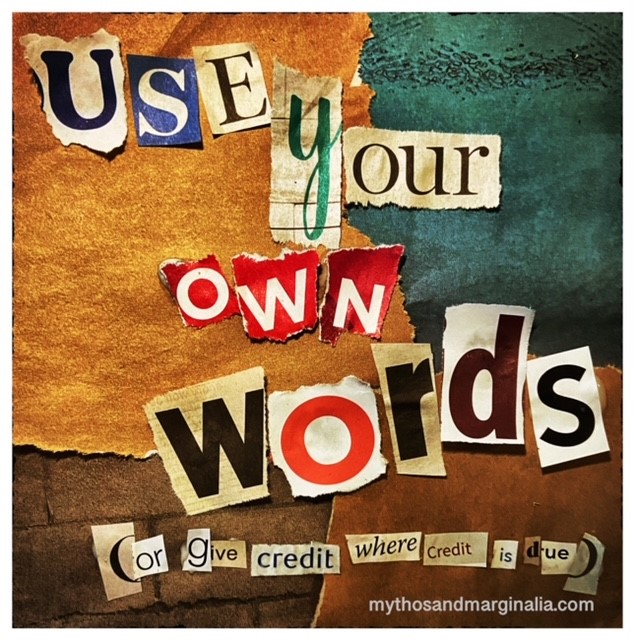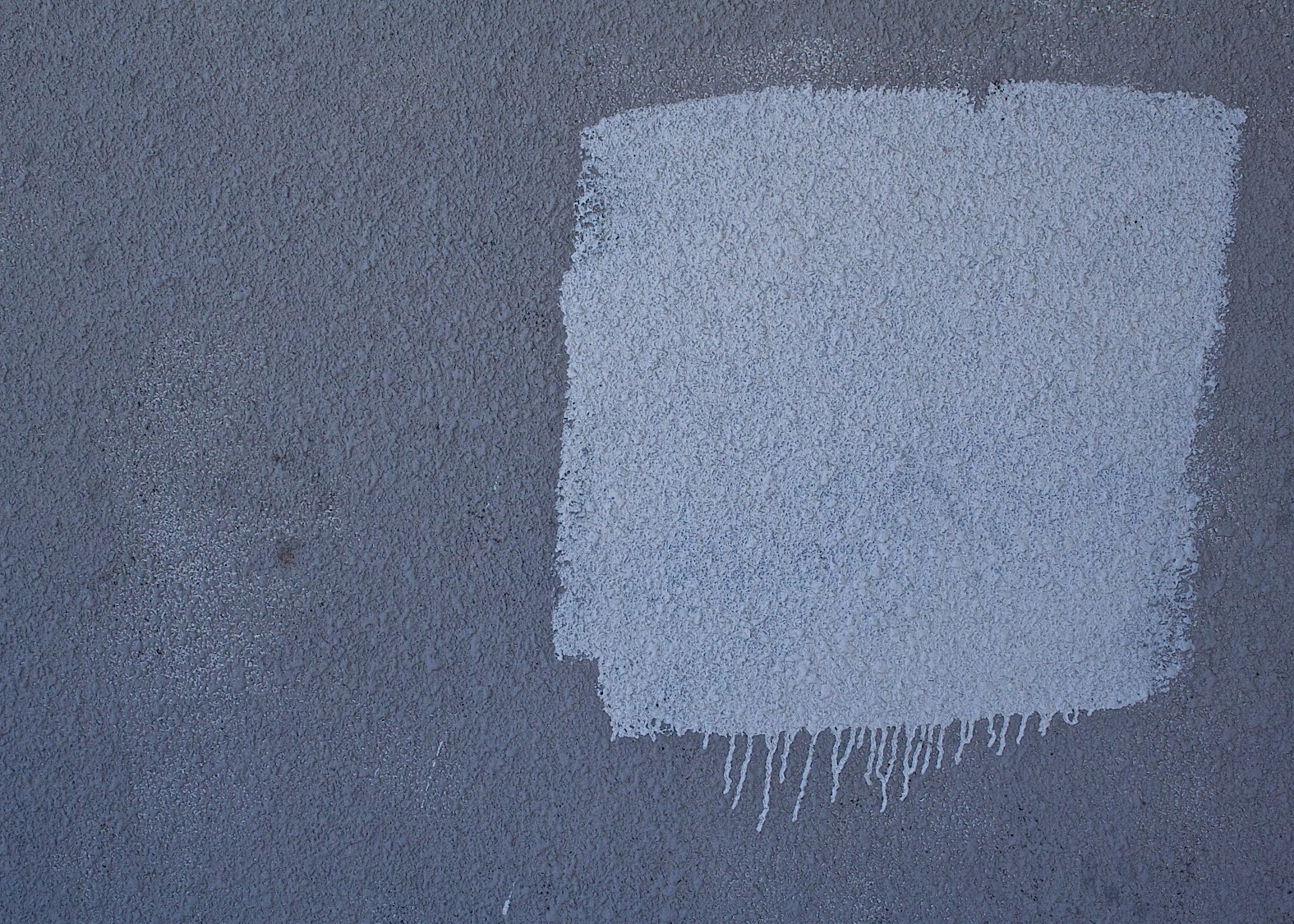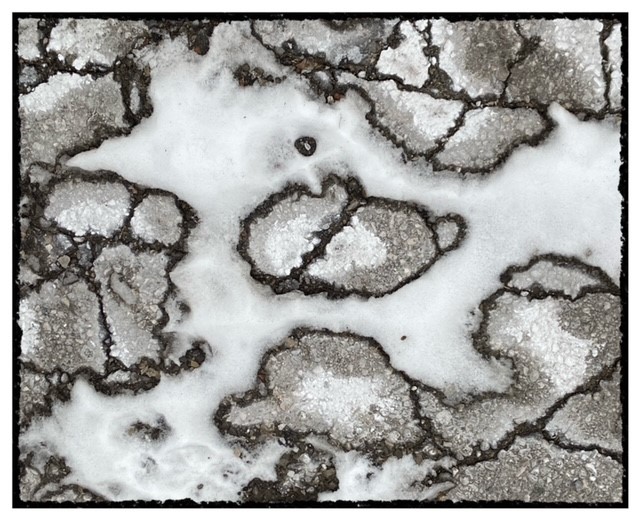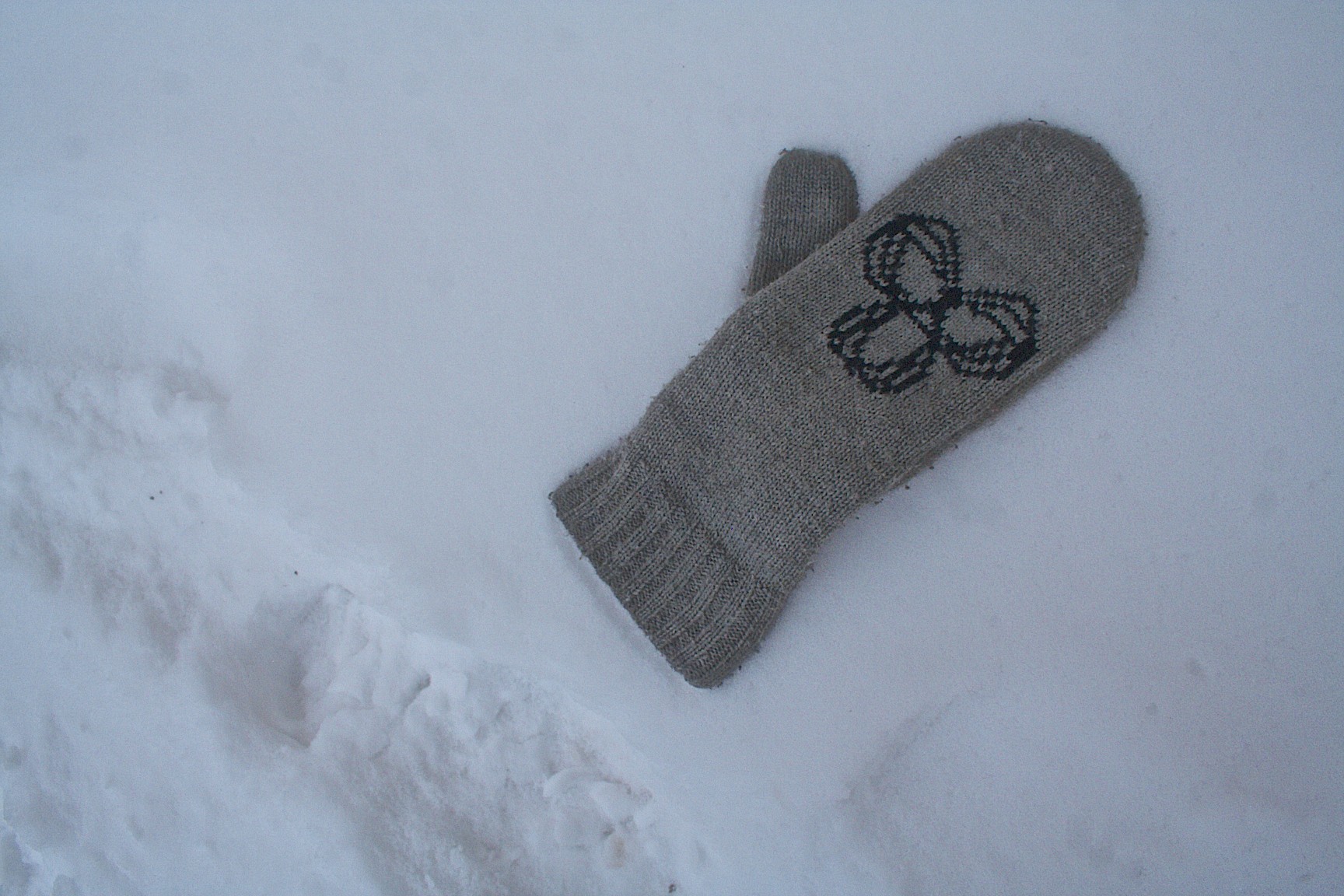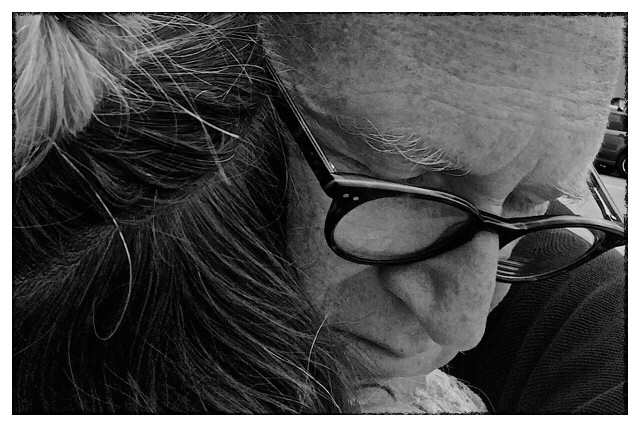It’s popular, and it’s alarming.
Plagiarism has become a bigger problem than ever, and more apparent as social media further casts its spell across every platform and screen. Instagram, Facebook, and Pinterest are all full of bright shiny examples; you see it all the time.
It’s out there. It is trending.
A disturbing, disrespectful act, plagiarism is stealing, passing off the ideas or words of another person as one’s own. Examples lack credit or attribution.
I’ve called out a couple of people over the past few months for blatant misuse of quotes belonging to someone else.
One person, a couple of times on her social media feeds, matched lovely quotes (including one by T.S. Eliot) with beautiful black and white photographs of herself.
The combination looked great, but nowhere was the poet credited with the original genius.
Another influencer — in a stylized format featuring her name and image — used the words of a popular motivational speaker. An earlier post, in the same branded format, featured a paraphrased quote by Toni Morrison.
The Instagram post was made to look like influencer was the one offering up such compelling advice.
It was so wrong.
I sent a comment to the owner of the post (but not the words), informing her the quote belonged to someone else. “It’s great to be inspired, but share the credit,” I said.
She quickly responded: “I had no clue it was him as it’s just a widely shared quote without his name.”
See, that’s the problem; nobody does the research. Nobody takes the time to find the source of their inspiration. Nobody bothers.
It’s sad because the same device used to create the post has the capability to trace the source of the statement. A Google search is so easy.
Attribution is important. Behind every quotable quote is a writer, an artist or musician, politician or fortune cookie philosopher who laboured over the correct phrasing or came to them in a flash of brilliance.
They deserve the credit for the deep thought or clever observation. But, these days, they don’t get it.
Now, I’m not saying that the people I called out are not capable of such profound thought, but it seems they don’t even try. One of them, by simply taking a phrase that has already made its rounds on the Internet, shows how little she was trying to come up with eye-catching content.
It’s really too bad.
Plagiarism is a despicable, duplicitous act. It is ethically wrong, morally reprehensible, spiritually bankrupt, and grounds for dismissal in the halls of academia. It should be a source of shame to anyone who seriously commits such a tasteless endeavor.
Plagiarism is fraudulent, leaves little to the imagination, and corrupts the concept of free thought. No matter how brave and bold the original work was, it becomes empty of its meaning when it is bastardized.
I’m not saying that every time you plagiarize a kitten dies, or another COVID-19 variant is released unto the world, for it is more serious than that. Each time you claim the words of others as your own; you dilute the original message of a fellow human being. At the same time, you weaken your own content.
Be creative. If there is a point you are trying to make, or you are attempting to inspire or provide insight, use your own words (or give credit where credit is due).
If you chose to pass along an inspiring quote, be inspired yes, but provide attribution (and don’t just hide it deep down in your content).
Show you know who said it.
Show you know what you are talking about.
Show that creativity is more than a pretty picture and a few happy words
Show the true worth of the words.
You’ll feel better about it.
Believe in yourself, and others will believe it too.
Be authentic.
Be you.
© 2021 j.g. lewis
